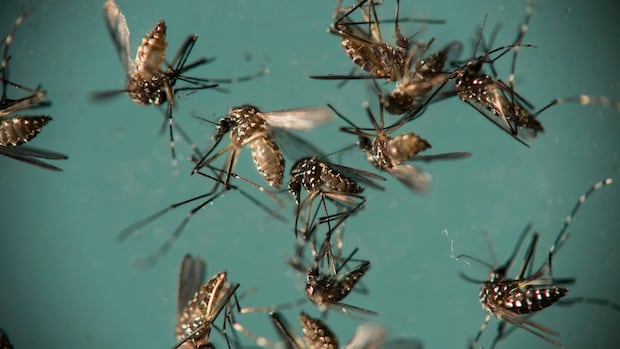A Food Truck Nightmare: How a Broccoli Sandwich Claimed an Artist's Life in Italy!

Imagine enjoying a delicious sandwich from a food truck, only to end up fighting for your life. That's exactly what happened to 52-year-old artist and musician Luigi Di Sarno, who tragically lost his life after consuming a seemingly innocuous broccoli and sausage sandwich in Diamante, Cosenza. His death is a shocking reminder of how quickly life can change and how hidden dangers lurk in everyday food.
Along with Luigi, nine others fell ill after indulging in the same meal, with two of them, including teenagers, now in critical condition. The Italian authorities have launched an urgent investigation into the outbreak, which has been traced back to jars of broccoli preserved in oil, now recalled nationwide. The food truck in question has been seized as the investigation continues, leaving many to wonder how something so tragic could happen over a simple meal.
In a race against time, Italy’s Ministry of Health mobilized serum from the Poison Control Centre in Pavia, using military aircraft to deliver the essential antitoxin to hospitals, including Annunziata Hospital, where the victims were fighting for their lives. This swift action highlights the seriousness of botulism, a rare but extremely dangerous illness caused by neurotoxins produced by the bacterium Clostridium botulinum.
Botulism can lead to devastating symptoms such as blurred vision, dry mouth, and muscle paralysis, even resulting in respiratory failure. If not treated quickly, it can be fatal in 5% to 10% of cases. The World Health Organization warns that these toxins flourish in low-oxygen environments, like improperly preserved foods, which makes the broccoli sandwiches in this outbreak particularly dangerous.
One might assume that healthier food options like broccoli are safe, yet preservation methods such as storing vegetables in oil can create a perfect breeding ground for the bacteria. This incident serves as a crucial reminder that even the healthiest meals can pose significant health risks if we aren't mindful of food storage practices.
This outbreak also draws attention to another concerning cultural practice: in India, the feeding of honey to infants under 12 months can lead to botulism infections due to the presence of C. botulinum spores. It's a bizarre twist that underscores the need for vigilance in food safety across all cultures.


























